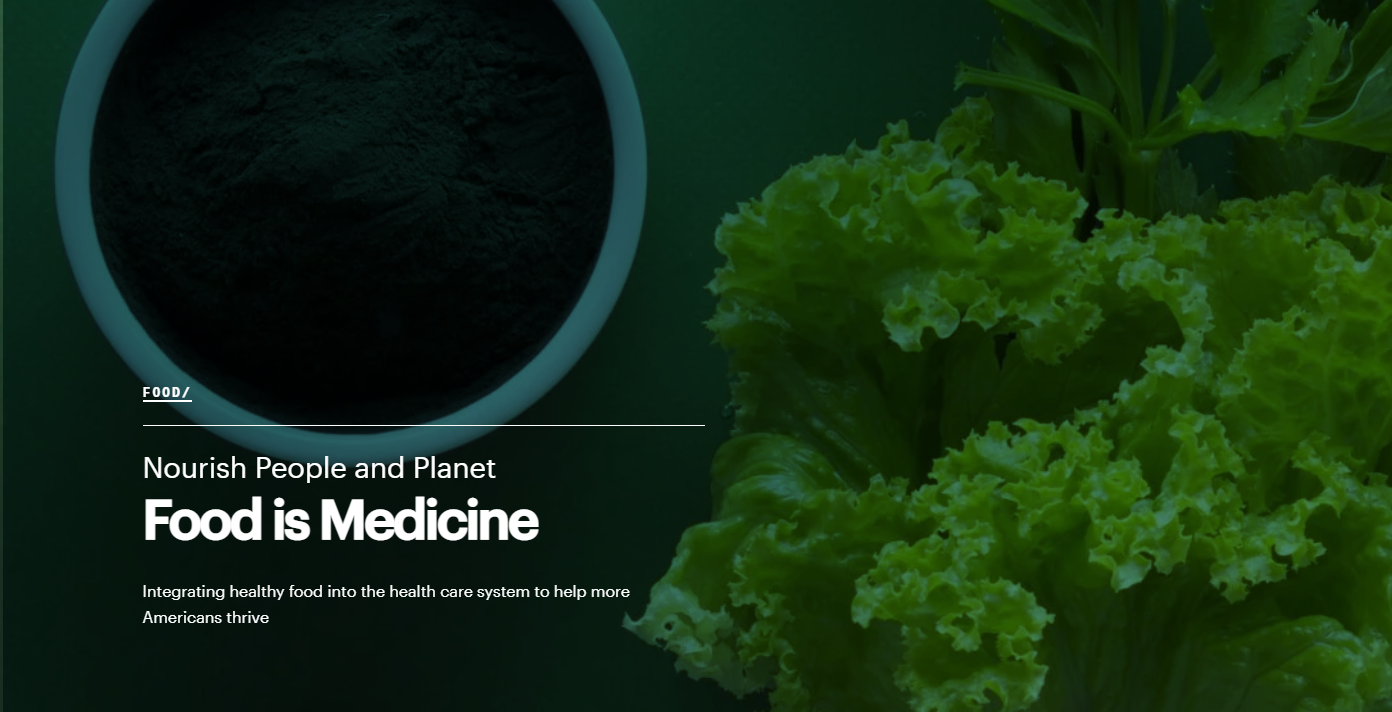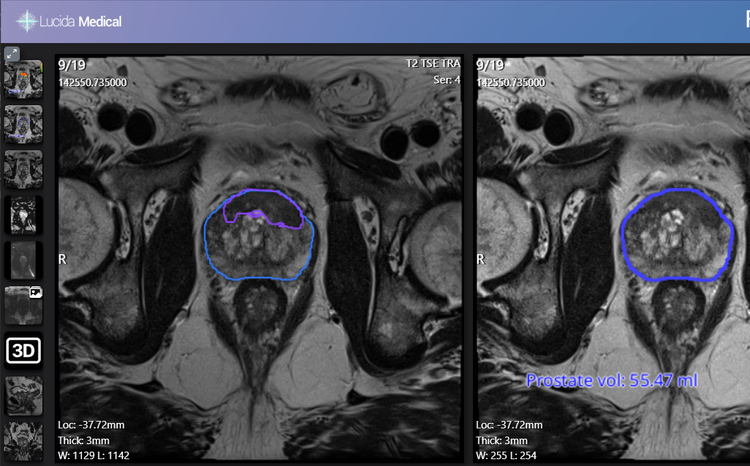The most abundant protein in animals, collagen is fibrous, made from long strands of protein that intertwine to form a tough triple helix. “Collagen is the scaffold that holds us together,” says chemistry professor Ron Raines, the study’s senior author.
Peptide bonds are formed between a carbon atom from one amino acid and a nitrogen atom of the adjacent amino acid. The carbon atom also forms a double bond with an oxygen atom, creating a molecular structure called a carbonyl group. This carbonyl oxygen has a pair of electrons that don’t form bonds with any other atoms but can be shared with the carbonyl group of a neighboring peptide bond.
Because this pair of electrons is being inserted into those peptide bonds, water molecules can’t also get into the structure to disrupt the bond.
“Collagen is all triple helices, from one end to the other,” Raines says. “There’s no weak link, and that’s why I think it has survived.









/cdn.vox-cdn.com/uploads/chorus_asset/file/24042827/Smart_watch_master.jpg)

